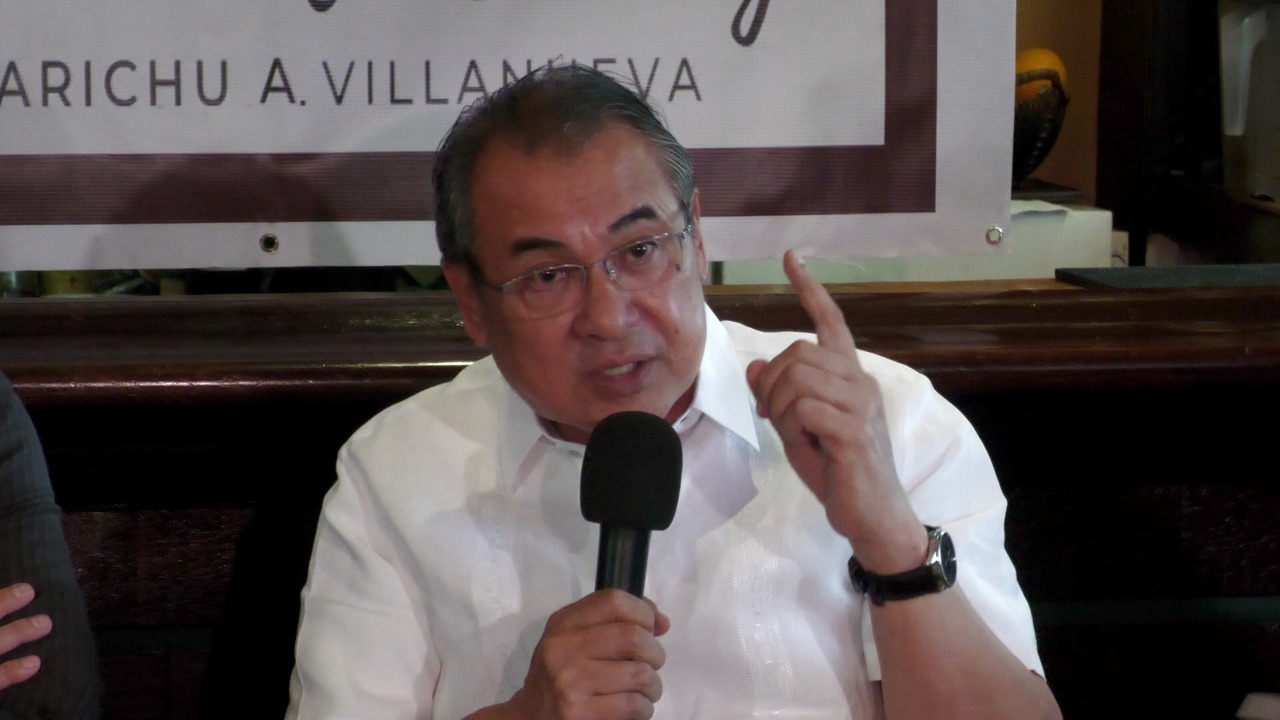Supreme Court Chief Justice Alexander Gesmundo reminded lawyers—including new ones who will be known after the release of the 2022 Bar exam results on Friday—to take the Lawyer’s Oath to heart.
The Lawyer’s Oath was revised under the new Code of Professional Responsibility and Accountability (CPRA) “to conform to the duties and responsibilities appurtenant to our profession,” Gesmundo said during Thursday’s launch of the updated guide at the Manila Hotel.
“CPRA is no mere revision. It is an overhaul—an overhaul on the approach and attitude by lawyers of their ethical responsibility in the new era of law practice, an era of more attuned, more responsible, and more accountable legal practice,” Gesmundo said.
“Incidentally, the first batch of lawyers who will take this oath will be decided tomorrow by the en banc. How many will have the first privilege to take this new lawyer’s oath … so for those who have sons or daughters who took the bar, tell them to memorize it today,” he told the over 250 members of the Bench and the Bar, prosecutors, and other members of the legal profession and the academe who attended the launch.
The list of successful Bar examinees will also be shown on the Supreme Court’s website and its official social media accounts. An LED wall showing the results will also be placed in the New Supreme Court Building courtyard.
Gesmundo also advised those who will not be able to make it to the list of successful examinees to “never give up,” saying “everything is according to God’s plan.”
Senior Associate Justice Marvic Leonen said that the previous lawyer’s oath, besides having archaic language, “did not draft the ambition of our present Constitution,” and did not contain “the expression of our most important duty: to do justice or to even ensure access to justice.”
The CPRA updates the 34-year-old Code of Professional Responsibility that was promulgated in 1988.
“Indeed, CPRA captures the ideal characteristics that all in the legal profession must live up to,” said Gesmundo.
He said the CPRA tackles the use of social media, the formation and definition of a lawyer-client relationship, and the conduct of nonlegal staff.
The new code also consolidates regulations on the discipline of lawyers, abbreviates administrative proceedings, and addresses the punitive aspect of unethical legal practice.
“With CPRA, we respond to the need for adaptation and progress in the ever-evolving landscape of law. CPRA is part of our bigger campaign for ethical responsibility under our desired outcome of efficiency,” Gesmundo said.
He added that the CPRA is anchored on the core values of independence, propriety, fidelity, competence and diligence, equality, and accountability.
READ: SC chief Gesmundo bucks idea to abolish Bar exams
